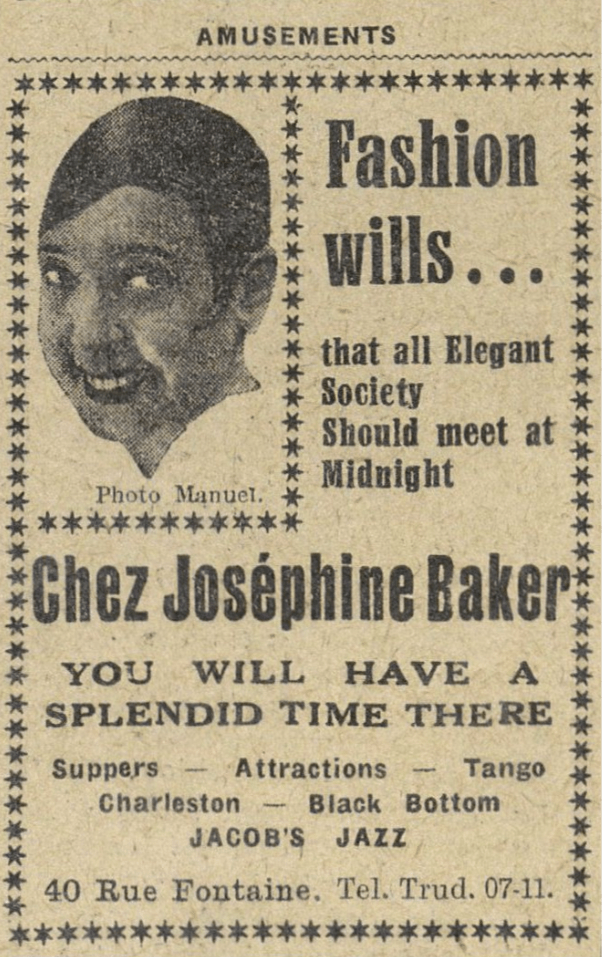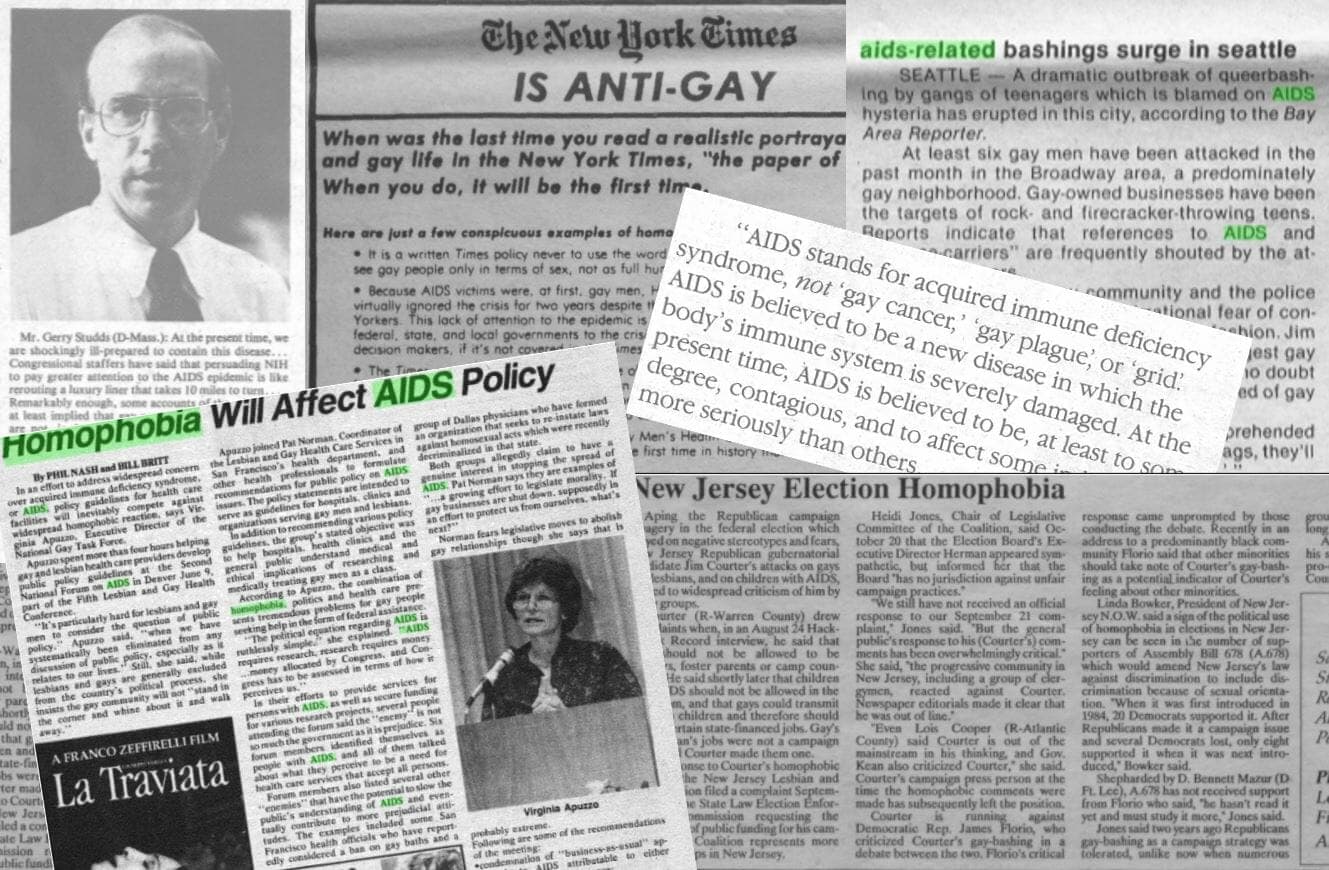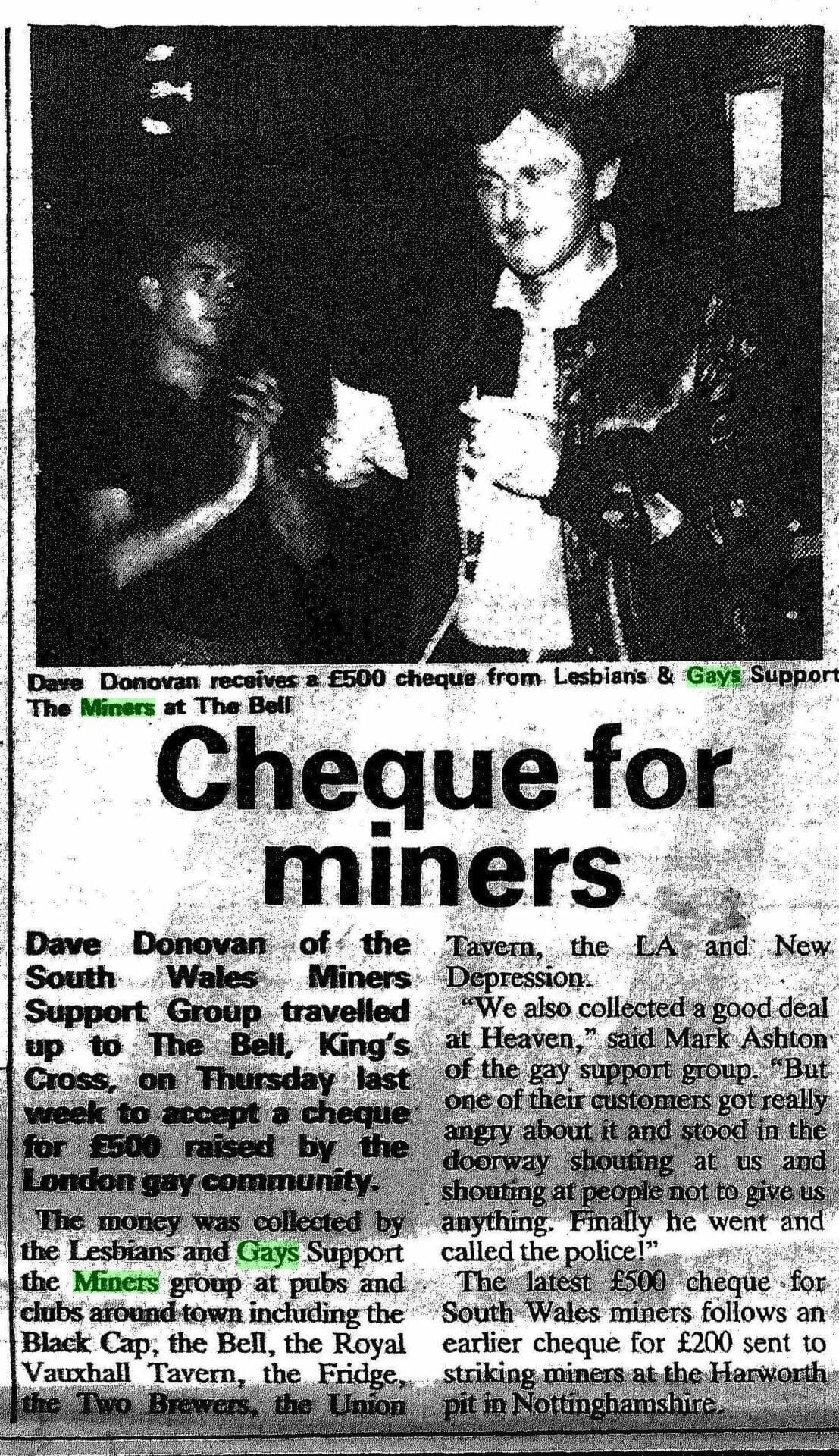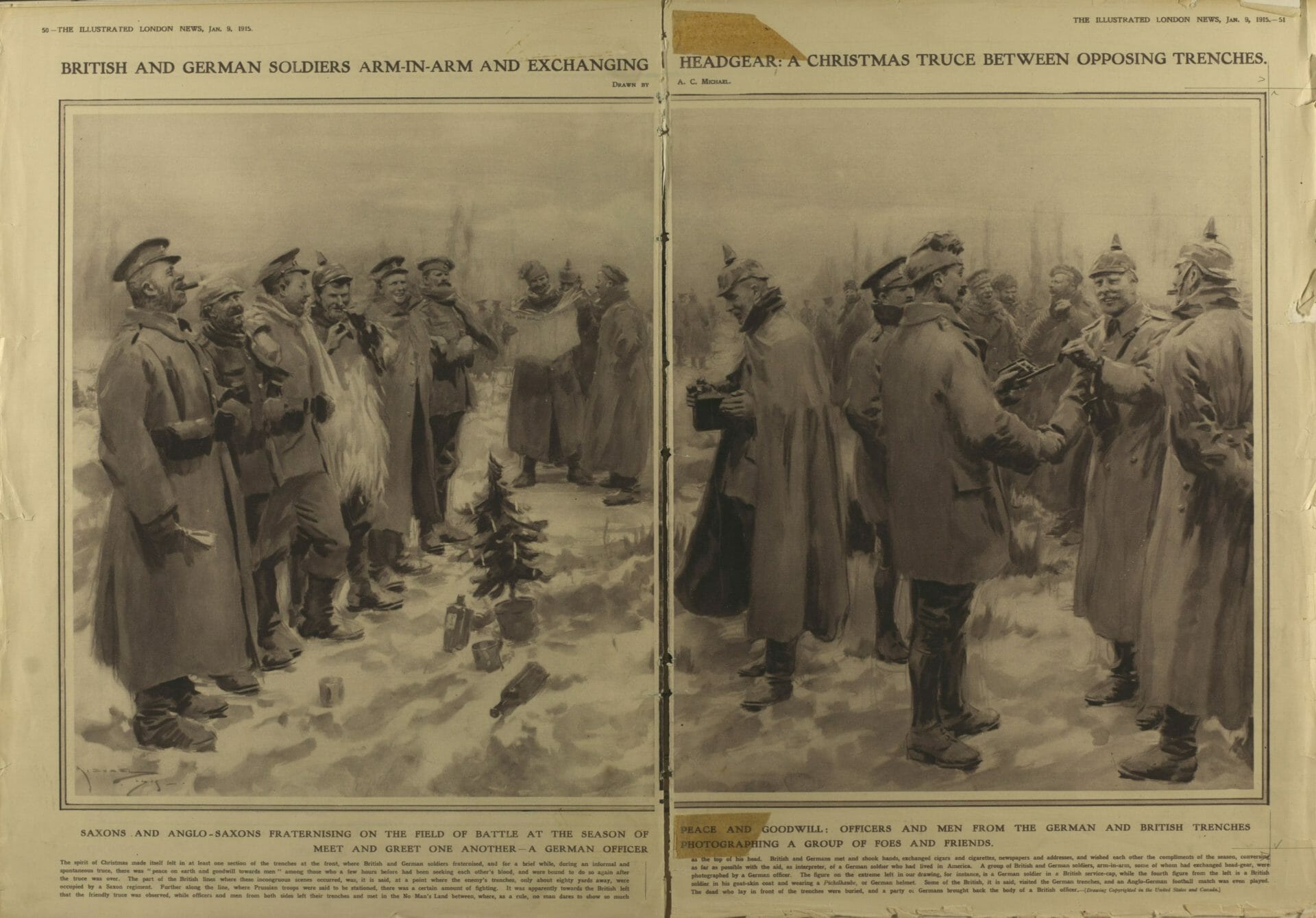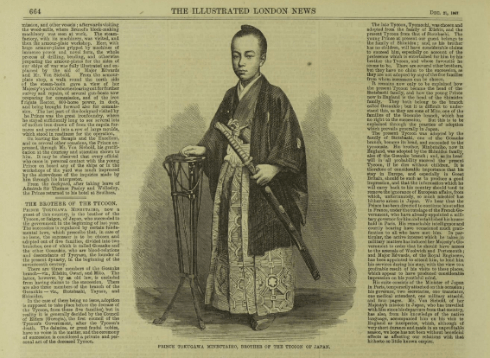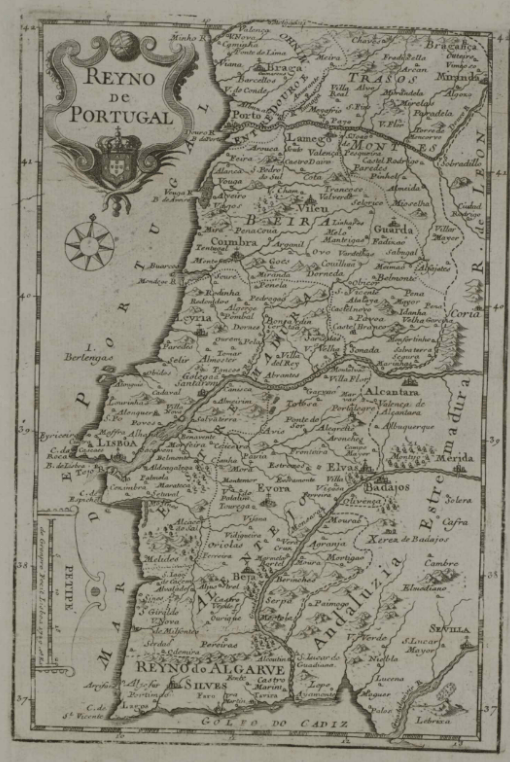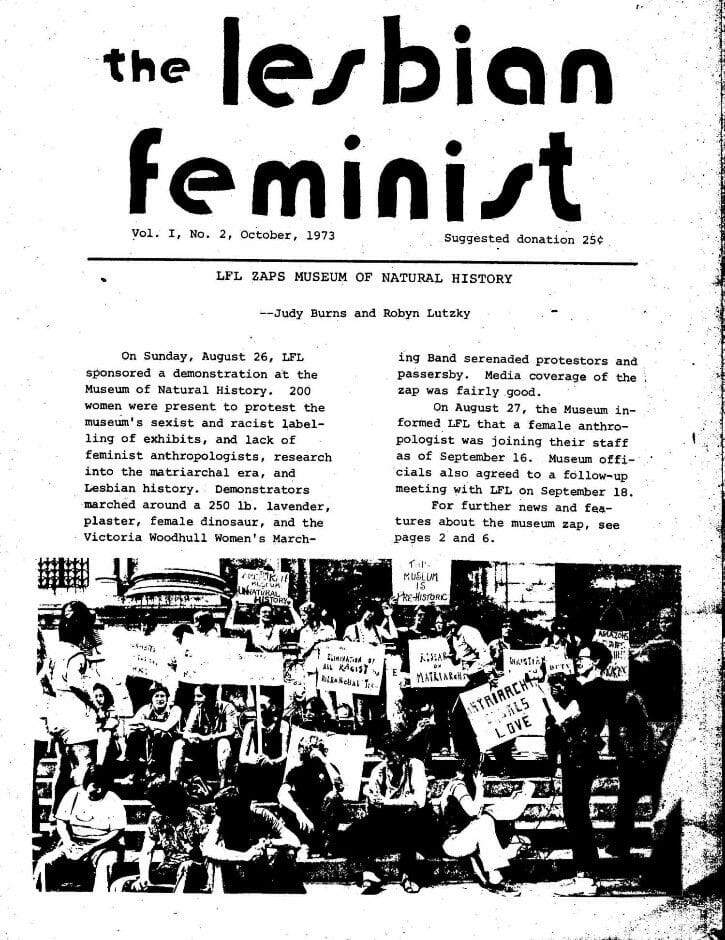Vive La Baker
The International Herald Tribune, the latest periodical to be digitised for Gale Primary Sources, was the quintessential American newspaper – published in Paris. It was founded in 1887 by James Gordon Bennett Jr., who had left America for Paris under a cloud after he socially disgraced himself. (The story goes he ruined a party at his then-fiancée’s house in New York by relieving himself in the fireplace.) He consoled himself for the loss of his fiancée with both his wealth and Paris, where he established the European edition of the New York Herald. It was the paper for jet-setters and wealthy American visitors to Europe, catering to the transatlantic elite of Gilded Age Paris – it was the paper of the most romantic city in the world. From its inception, it focused on entertainment, sport, celebrity and international news. It helped shape the identities of American expats, catered to GIs who stayed on after WWII, and cultivated an image of glamour and luxury: it provided an all-American edit of French chic.

